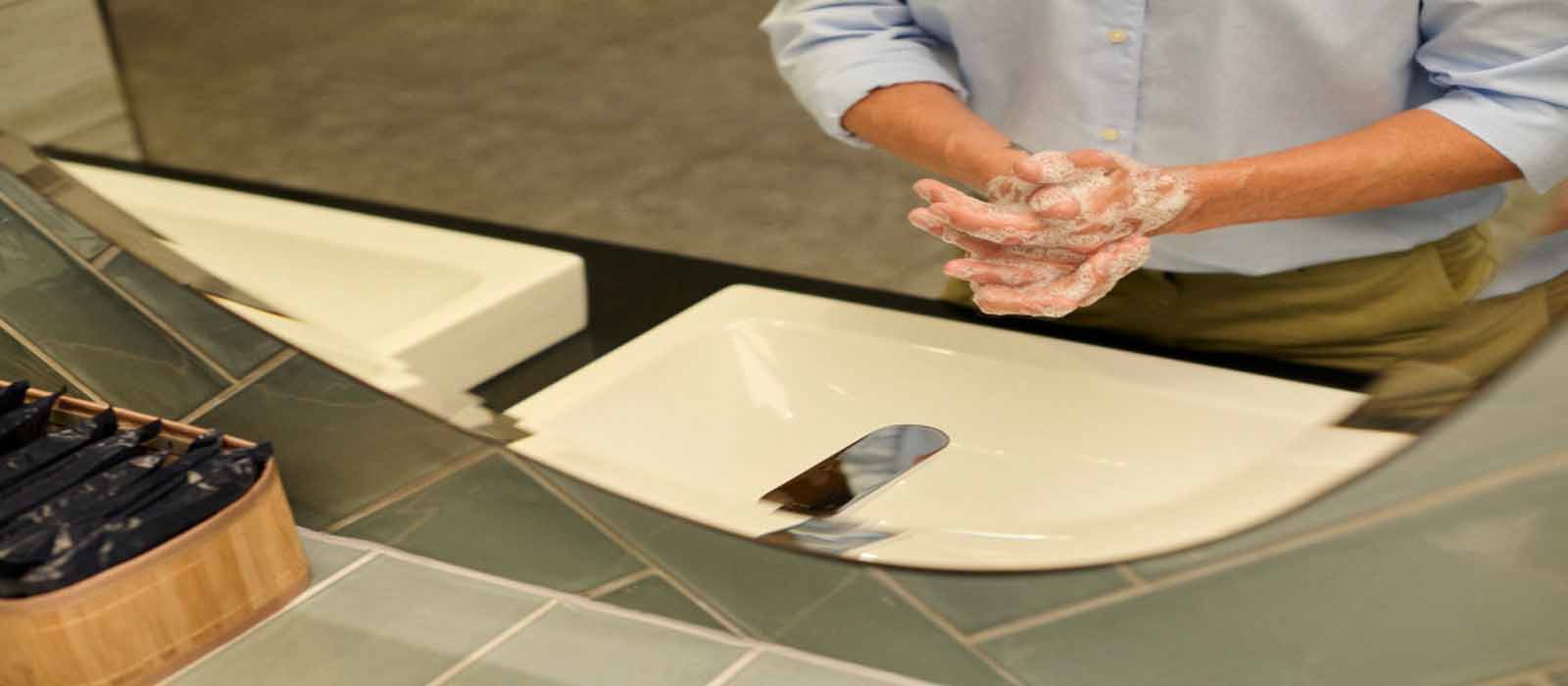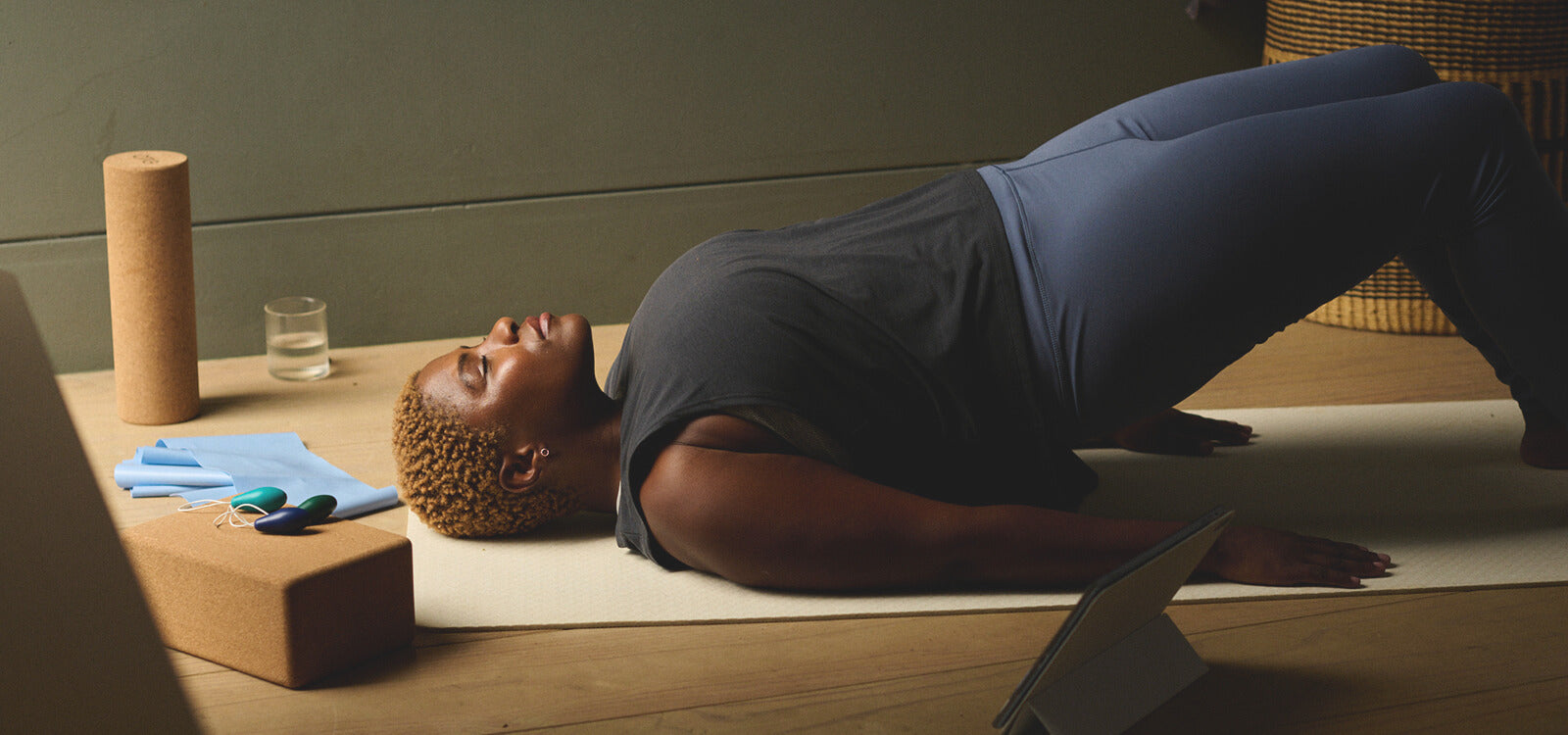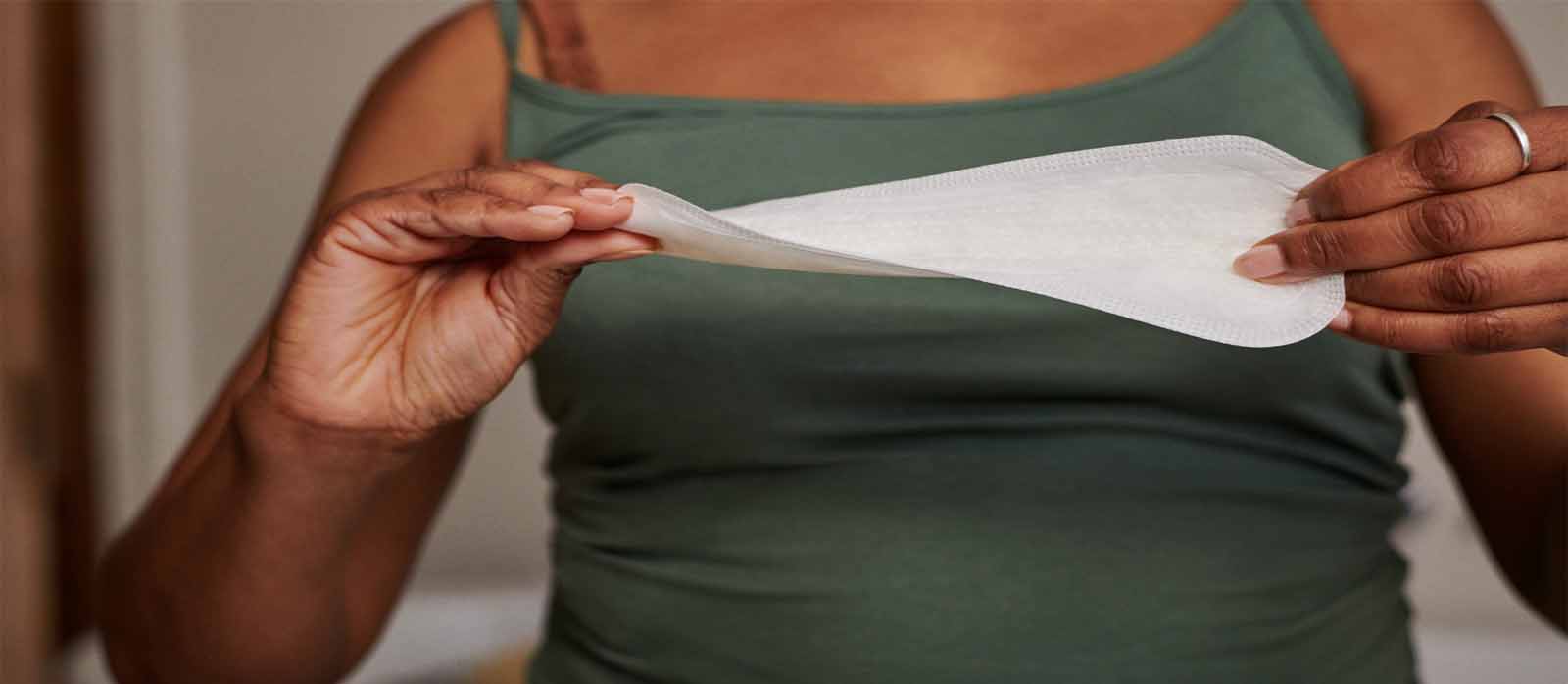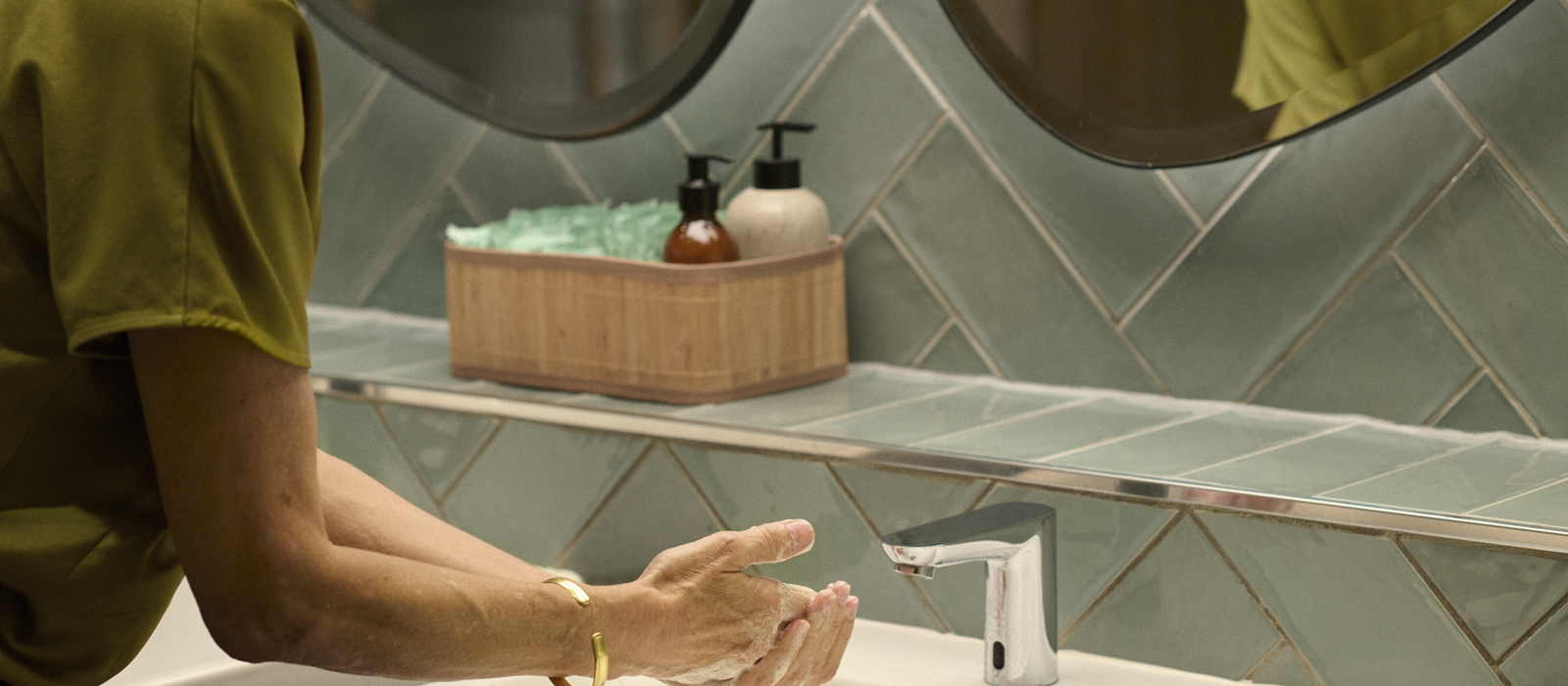Sep 04, 2025
A question that may pop into your head every now and then, but isn’t entirely casual barbecue conversation between friends is, "how often should men get a prostate exam?"
The short answer to your question is: getting your prostate checked is an important part of routine health checks for men, especially as you get older.1
We’re here to help you learn more about what this exam involves, how to prepare, and what to expect during your visit; so, you can feel confident and informed every step of the way.
Understanding Prostate Exams
A prostate exam, or screening, is a preventive step that could make a difference in your treatment options and long-term health.1 It is a vital check your doctor does to spot:2
- Early signs of prostate cancer
- An enlarged or inflamed prostate
It doesn’t mean anything needs to be wrong for you to get your prostate checked. Think of it as you proactively taking control of your health. Future you will thank you!
Types of Prostate Screening Tests
Getting your prostate checked in real life is different to what you may have seen on TV. There are different types of prostate checks a doctor can do, including Prostate-Specific Antigen (PSA) blood tests and digital rectal exams (which is the default in shows and movies). Let’s see how the different tests work:
PSA (Prostate-Specific Antigen) Blood Test
PSA is a protein your prostate produces to help keep semen in liquid form.2 A PSA blood test checks how much PSA is in your blood.1 To do this test your doctor will take a sample of your blood and send it to the laboratory for screening.1
PSA levels can vary for many reasons.2 A high or borderline level could suggest prostate cancer, but other factors could also cause high levels, including:1
- Recent ejaculation
- Aging
- Testosterone supplements
- Inflamed or infected prostate (prostatitis)
- Enlarged prostate (Benign Prostate Hyperplasia or BPH)
There are also factors that could lower these levels, they include:1
- Regular use of current medications like Aspirin
- Obesity
- Regular use of herbal medications
It is important to note that prostate cancer can occur even at normal levels.1 That’s why PSA results are one part of the bigger picture.1 Your doctor may suggest more tests to better understand your overall prostate health.1
Digital Rectal Examination (DRE)
DRE is a common, quick, and simple2 physical examination1 your doctor does to check for:3
- Lumps or abnormal growths in the prostate
- Size or infection of the prostate
During a DRE, your doctor puts a gloved, lubricated finger into your rectum to feel your prostate.1 At the same time, you lean against a table or lie sideways with your knees to your chest.1
A DRE can be uncomfortable, but don't worry; it only takes a few minutes.1 Usually, your doctor will perform a DRE and PSA together on the same day and use both results to decide if you need more tests.1
When Should You Start Getting Screened?
Now that you know how doctors will do a prostate screening, the most important question is: “when should I start going for these screenings?” It depends on your risk levels.1 For example, you may need to begin screening if you're:1
- 40 years with more than one close relative who had prostate cancer at an early age.
- 45 years with higher risk factors present.
- 50 years with average risk factors present.
Here are some factors that increase your risk:
- Age 50 or older2
- Family history of prostate cancer1
- High-fat and highly processed carbohydrate diet1
- Sedentary lifestyle1
- Being Black or of African descent1
It's important to talk with your doctor about your personal risk factors to know when it's right to start screening.
How Often Should Men Have a Prostate Exam?
Typically, your doctor may recommend screening every 1-2 years,1 but how often you get a prostate screening depends on factors like your:4
- Age
- Family history
- Current health conditions
- PSA levels
For instance, your doctor may recommend:
- Every 2 years for men aged 40 to 45 with risk factors and a PSA level below 2.5.4
- An annual prostate exam for men aged 50, or for men aged 40 to 45 with a PSA level of 2.5 or higher.4
- No screening for those 70 years and older.5
Screening can sometimes give false positives, leading to overdiagnosis and overtreatment.5 That's why it's important to talk to your doctor for proper guidance and decision-making.
Getting Ready for Your Prostate Exam
Neither PSA nor DRE requires any intense preparation.6 Regardless, here are some helpful tips to help you prepare for your appointment:
- Let your doctor know about any hemorrhoids, anal fissures and tears you may have.2,6
- Have a list of medications and supplements you're currently taking.2
- Check with your doctor ahead of time about whether to avoid sexual activity for 48 hours before your test.6
- Know your family's medical history.
- Be ready to talk about any symptoms you're experiencing.
- Wear comfortable clothing that is easy to remove and put on.
- Eat and drink as you would unless your doctor tells you otherwise.7
- Avoid high-intensity exercise before the exam.8
- Let your doctor know if you currently have or had a urinary tract infection within the last 3 months.8
- Let your doctor know about if you did any procedures involving a urinary catheter.8
- Let your doctor know about any conditions you have that could be affecting your liver.8
- Let your doctor know about any biopsies done within the past 6 weeks.8
Should You Empty Your Bowels Before the Exam?
It's not necessary, but you can empty your bowels if it makes you feel more comfortable and relaxed during your appointment.7
If you're worried about feeling the urge to go during the exam, don't worry, it's normal.7
A DRE can cause an urge to poop7 or pee,2 and your doctor doesn't expect your rectum to be empty.7
If you feel the urge at any point during the exam, you can let your doctor know.7 They will either guide you on how to reduce it or pause so you can take a bathroom break and feel more at ease.7
What to Expect During the Exam: Duration and Discomfort
Your primary healthcare provider can perform both a DRE and a PSA for you. During a DRE, you may feel pressure on your prostate but not pain.7 You may also feel discomfort or even the urge to pee, especially if your prostate is enlarged or inflamed.6,7
Don't worry, these sensations usually pass quickly once the exam is over.7 If you have hemorrhoids or anal fissures, you might notice a bit of light bleeding afterward, this isn't uncommon.6
A PSA test is like any standard blood test; it's just a quick needle pinch to draw blood, and it's over in seconds.8 You might notice slight bruising or a little bleeding where they drew blood, but it's not a reason for concern.8
Both exams are quick, usually taking just a few minutes, and you can get back to your regular routine right afterwards.7,8
When to Contact Your Doctor After a Prostate Exam
Your doctor will request a follow-up if your PSA levels are unusual or if they have any concerns about your DRE.2 During the follow-up they may want to repeat the PSA test or do other exams, like a biopsy if needed.2
Regardless, be sure to contact them if you:
- Are experiencing heavy bleeding.6
- Have blood in your semen or urine.9
- Have questions about your PSA levels or next steps.
- Need to pee more often than usual.9
- Have trouble peeing.9
- Have difficulty emptying your bladder.9
Don't worry, your doctor is there to guide you every step of the way; having regular a prostate screenings help to catch prostate cancer when it's most treatable.1
If you need to go for prostate surgery, or know anyone who has recently had surgery, you can learn more about incontinence after prostate surgery.
References
1. Ali Z. How is a prostate exam done? [Internet]. Medicalnewstoday.com. Medical News Today; 2019. Available from: https://www.medicalnewstoday.com/articles/313996#who-needs-a-test
2. Ann Pietrangelo. How Is a Prostate Exam Done? [Internet]. Healthline. 2016. Available from: https://www.healthline.com/health/mens-health/how-is-a-prostate-exam-done
3. Kiefer D. Digital Rectal Exam [Internet]. Healthline. Healthline Media; 2012. Available from: https://www.healthline.com/health/digital-rectal-exam#uses
4. Richard Natale. How Often Will You Need a Prostate Exam? [Internet]. Carolina Urology Partners. 2025 [cited 2025 Jul 1]. Available from: https://www.charlottemenshealth.com/2020/07/31/how-often-do-i-need-a-prostate-exam/
5. USPSTF. Recommendation: Prostate Cancer: Screening | United States Preventive Services Taskforce [Internet]. www.uspreventiveservicestaskforce.org. 2018. Available from: https://www.uspreventiveservicestaskforce.org/uspstf/recommendation/prostate-cancer-screening
6. Alyson Powell Key. Prostate Cancer and the Digital Rectal Exam [Internet]. WebMD. 2024. Available from: https://www.webmd.com/prostate-cancer/prostate-cancer-digital-rectal-exam
7. Ames H. Prostate exams: Does a person need to poop beforehand? [Internet]. Medicalnewstoday.com. Medical News Today; 2024 [cited 2025 Jul 1]. Available from: https://www.medicalnewstoday.com/articles/should-i-poop-before-prostate-exam#preparation
8. Matt McMillen, Lori M. King PHD. The Prostate-Specific Antigen (PSA) Blood Test [Internet]. WebMD. 2024. Available from: https://www.webmd.com/prostate-cancer/psa
9. National Cancer Control Programme. Having your Prostate Checked: A Guide [Internet]. Available from: https://www.hse.ie/eng/services/list/5/cancer/patient/leaflets/having-your-prostate-checked-a-guide.pdf






































































































